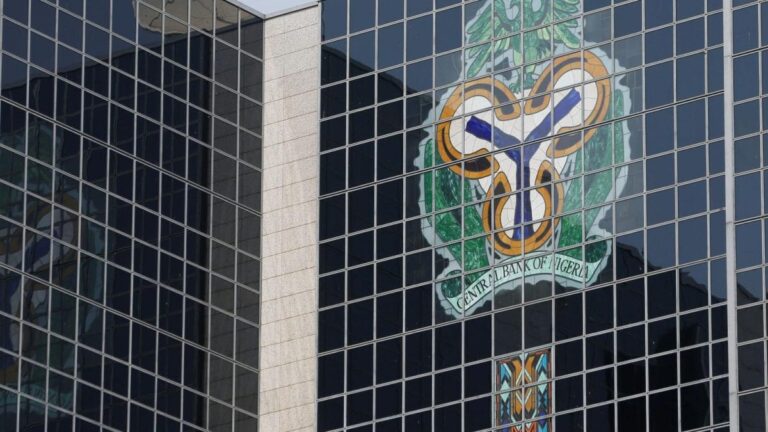By Chinwendu Obienyi
Despite tightening fiscal conditions and elevated interest rates, investors’ appetite for Nigerian debt instruments remained strong as the Central Bank of Nigeria (CBN) raised N615.8 billion from its latest Treasury bills auction held on May 21.
This marks a slight increase from the N598.3 billion sold at the previous auction on May 7, and underlines the growing reliance on domestic debt instruments as government revenue continues to fall below projections.
Daily Sun gathered that the 91-day bills attracted robust interest whilst the apex bank offered N50 billion, but subscriptions climbed to N72.56 billion. The bank allotted N71.67 billion at a stop rate of 18 per cent.
However, the 182-day bills were underwhelming. Out of the N100 billion on offer, only N46.84 billion was subscribed—signaling a 46.8 per cent under-subscription. The CBN allotted N41.13 billion at a slightly higher stop rate of 18.5 per cent.
Investor preference was most pronounced for the 364-day tenor, where the apex bank offered N350 billion but received an overwhelming N1.052 trillion in bids—translating to a 300 per cent oversubscription. Ultimately, N503 billion was allotted at a stop rate of 19.56 percent, reflecting sustained investor appetite for longer-duration instruments with higher yields.
Year-to-date, the CBN has issued approximately N7.896 trillion in Treasury bills—marginally higher than the N7.867 trillion raised during the corresponding period in 2024. However, interest rates this year have trended lower compared to the highs seen last year.
Specifically, in March 2025, rates fell to their lowest levels since February 2024, suggesting intermittent shifts in market liquidity and monetary policy posture. In 2024, total T-bill issuance stood at N13.3 trillion, with rates ranging from 2.4 percent to 22.93 percent.
That year, the Federal Government faced a N9.18 trillion budget deficit and recorded a N1.097 trillion revenue shortfall in the first half alone, despite a projected revenue target of N19.6 trillion.
Hence, fiscal pressures are expected to intensify in 2025. With Brent crude currently trading around $64.03 per barrel, roughly $10 below the $75 benchmark set in the 2025 budget, and daily crude oil output underperforming the 2.06 million barrels per day target, government revenues are likely to remain subdued.
As a result, analysts expect the federal government to ramp up its reliance on short-term borrowing through Treasury bills and other debt instruments. However, the elevated stop rates, particularly for the 364-day bills, raise questions about the long-term sustainability of Nigeria’s borrowing strategy.
Reacting to the development, an analyst who did not want his name in print, said that while the demand for bills is encouraging, the cost of servicing these debts at nearly 20 per cent per annum is steep. “Unless oil revenues recover significantly, fiscal pressures could compound”, he said.
The CBN is expected to continue using T-bills as a liquidity management tool and a buffer for government financing, even as it balances inflationary risks and investor yield expectations in the months ahead.


















Leave a comment